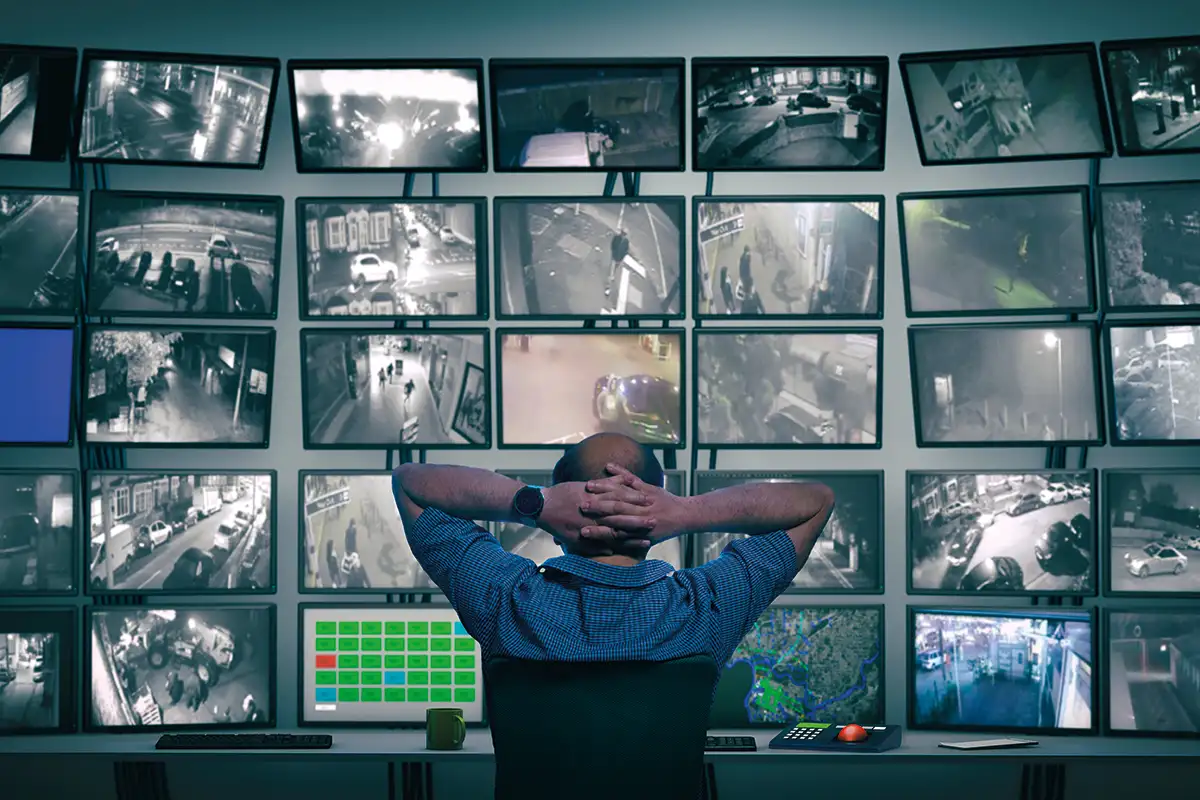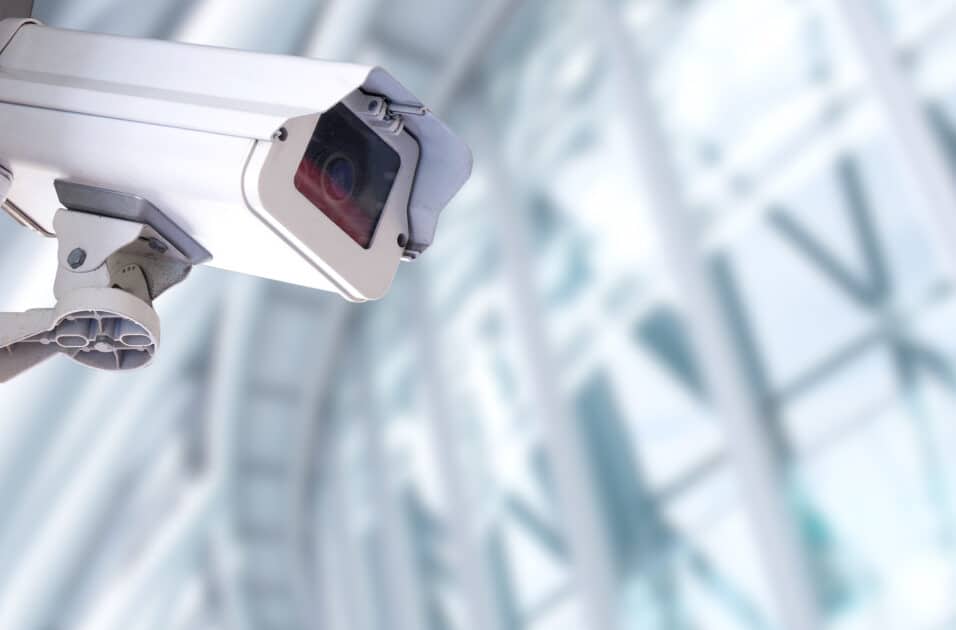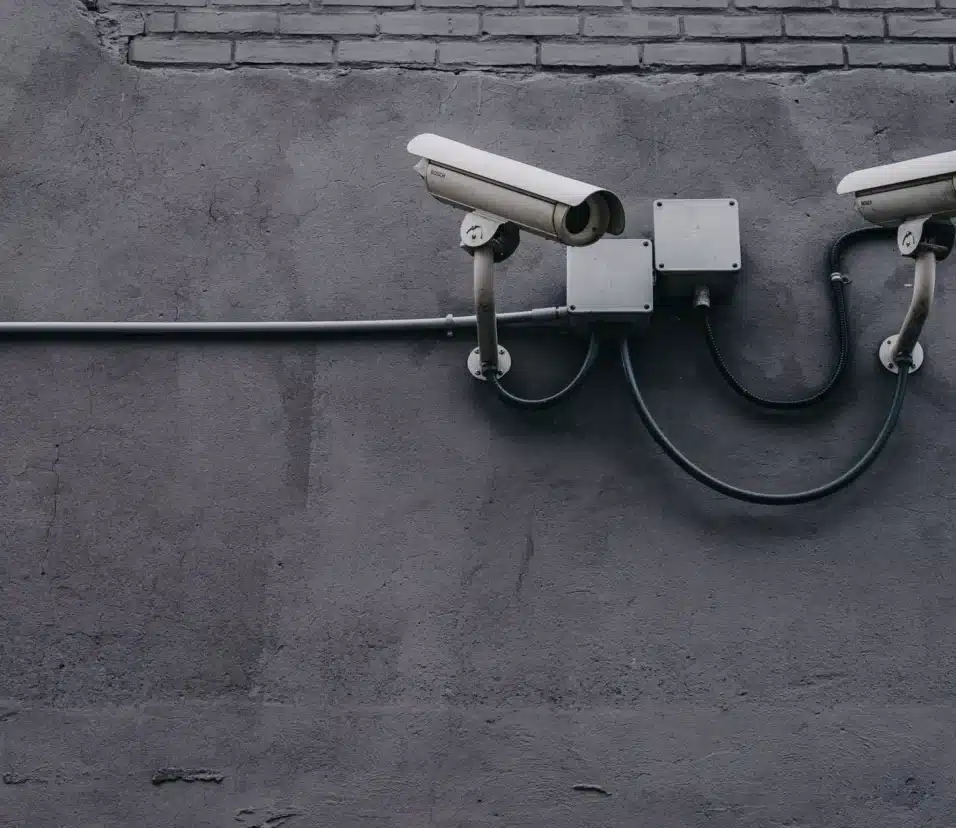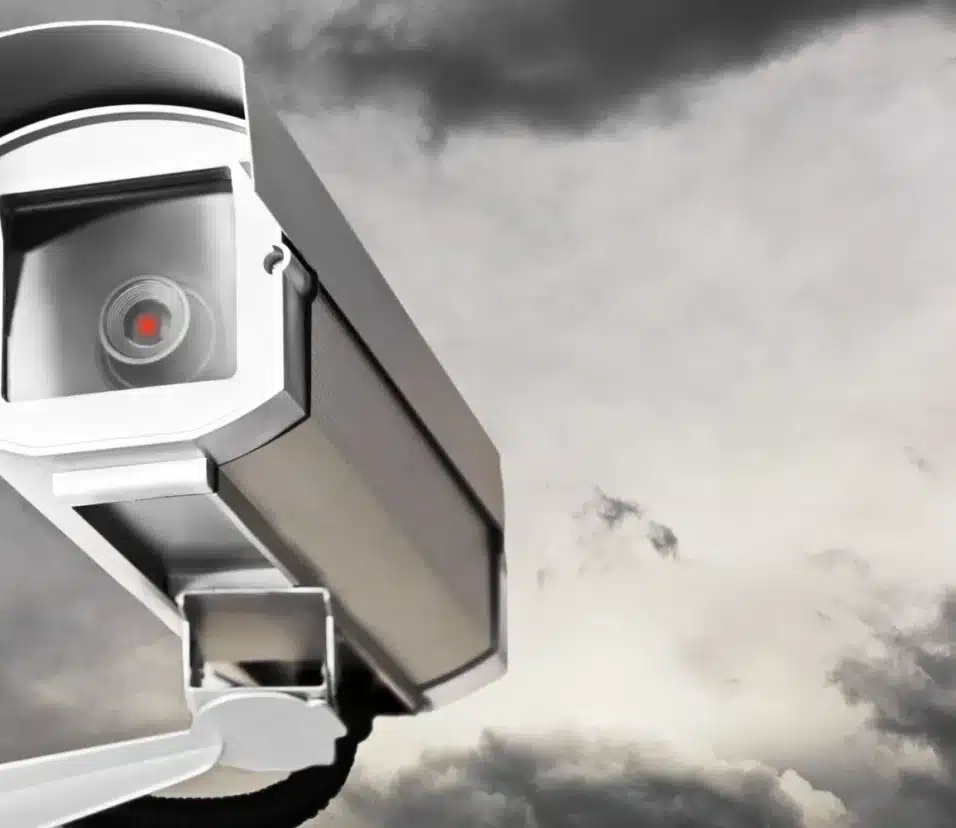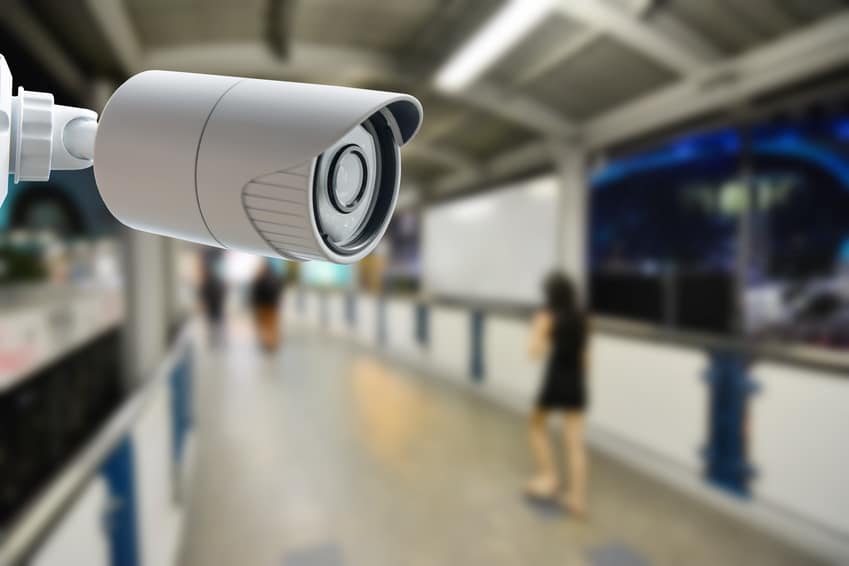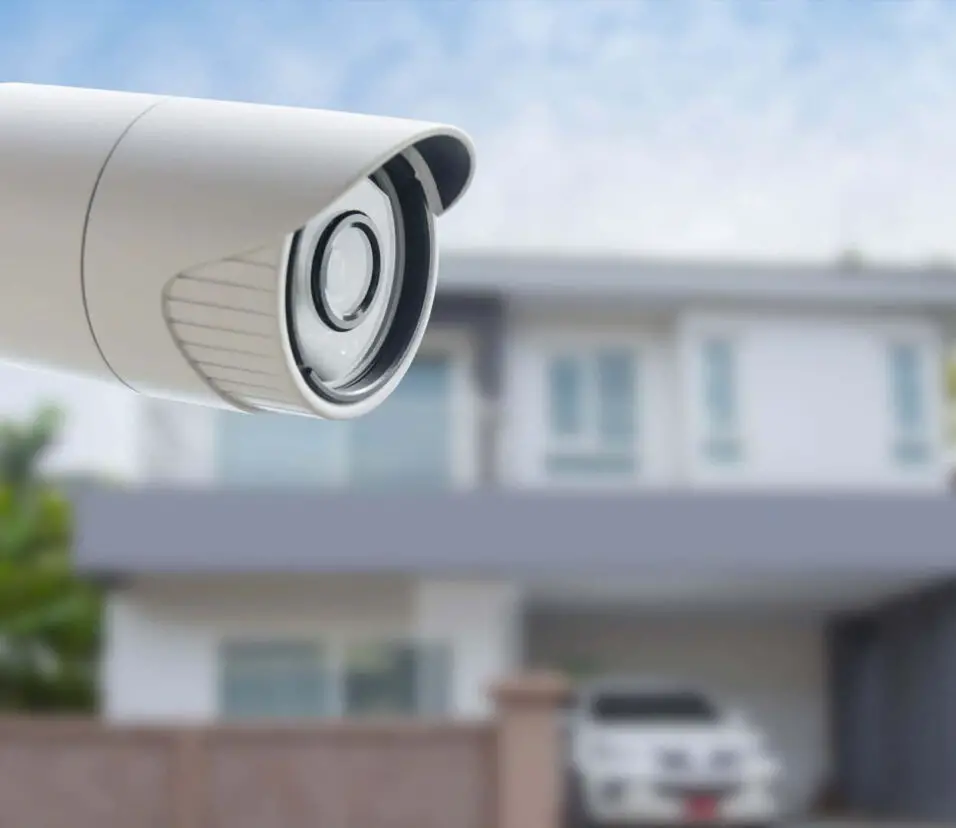How Long Does Cctv Footage Last
Introduction
How Long Does Cctv Footage Last: With the increasing use of Closed-Circuit Television (CCTV) systems for surveillance and security purposes, many individuals and organizations are curious about the longevity of CCTV footage. CCTV cameras are widely used in various settings, including public spaces, businesses, and residential areas, to monitor and record activities. However, the duration for which CCTV footage is retained can vary depending on several factors.
Firstly, the duration for which CCTV footage lasts is influenced by the storage capacity of the system. CCTV systems typically store footage on hard drives or network-attached storage devices. The storage capacity of these devices determines how much footage can be stored before it is overwritten or deleted. Some systems may have limited storage capacity, resulting in shorter retention periods, while others may have larger capacities, allowing for longer retention periods.
Second, legal constraints and laws affect CCTV footage retention. CCTV footage retention regulations vary by jurisdiction, especially if the material will be utilized in court. These requirements can vary widely, ranging from a few days to several months or even years.

How long can a CCTV hold ?
A CCTV camera consumes a lot of bandwidth and storage space. Most storage devices come with a 1TB hard disk. Moreover, the CCTV camera storage requirement can change according to individual and business requirements. Generally, security camera footage lasts from three months to one year based on cases.
One of the key features of a CCTV system is its ability to record and store footage for later review. However, the amount of time that a CCTV system can hold depends on several factors.
The storage capacity of the CCTV system is one of the primary factors that determine how long it can hold . CCTV systems typically use hard drives or network-attached storage (NAS) devices to store recorded footage. The storage capacity of these devices can vary widely, ranging from a few terabytes to several petabytes.
The more storage capacity a CCTV system has, the longer it can hold footage.
The resolution and quality of the footage also play a role in determining how long a CCTV system can hold . Higher resolution and better quality footage require more storage space. For example, a CCTV system that records in 4K resolution will consume more storage space compared to a system that records in 1080p resolution.
The frame rate at which the CCTV system records is another factor that affects the storage capacity. The frame rate refers to the number of frames per second that the CCTV system captures. Higher frame rates result in smoother and more detailed footage but also require more storage space. Therefore, a CCTV system that records at a higher frame rate will hold less footage compared to a system that records at a lower frame rate.
System retention time is also essential. specified CCTV systems delete old footage after a specified time, while others save it forever. The system will have less space to keep new footage the longer it retains.
Can I get footage from 1 year ago?
Footage is preserved on a local hard drive, cloud server, or offshore server. After 15 days or a month, depending on DVR/NVR storage, old data is overwritten by new data by default, making it unavailable.
Yes, it is possible to obtain CCTV from 1 year ago, but the process may vary depending on the specific circumstances and the policies of the organization or individual who owns the CCTV system. CCTV is typically stored on a hard drive or a cloud-based storage system, and the length of time that is retained can vary.
In some cases, the footage may be automatically deleted after a certain period of time, such as 30 days or 90 days, to make room for new recordings. However, in other cases, the footage may be retained for a longer period, such as 1 year or even longer. It is important to note that the longer the retention period, the larger the storage capacity required.
If you are seeking CCTV from 1 year ago, the first step would be to contact the owner or operator of the CCTV system. This could be a business, a government agency, or even a private individual. You may need to provide specific details about the date, time, and location of the incident or event you are interested in, as well as a valid reason for requesting the footage.
Depending on the circumstances, the owner or operator of the CCTV system may require you to submit a formal request in writing, along with any applicable fees or charges. They may also have specific procedures in place for reviewing and releasing footage, such as requiring you to provide identification or sign a confidentiality agreement.
How many days of recording on 1TB?
A 1TB hard drive can hold up to 500 hours of high-definition 1080p video — that’s just over 20 whole days!
When it comes to recording, the amount of storage space available is a crucial factor to consider. One common question that arises is how many days of recording can be stored on a 1TB device. To answer this question, it is important to understand the factors that influence the amount of storage required for recording.
Firstly, the quality of the recording plays a significant role in determining the storage space needed. Higher quality recordings, such as those in 4K resolution, require more storage compared to lower quality recordings. This is because higher resolution recordings contain more details and therefore require more space to store the additional information.
Secondly, the type of content being recorded also affects the storage requirements. For example, recording a fast-paced action scene with lots of movement and changes in scenery will require more storage compared to recording a static scene with minimal movement. This is because the amount of data being captured and stored is higher in dynamic scenes.
Thirdly, the duration of the recording sessions is another factor to consider. If the recording sessions are longer, more storage space will be required to store the footage. On the other hand, shorter recording sessions will require less storage space.
Lastly, the compression method used for storing the recordings can also impact the amount of storage required. Compression algorithms can reduce the size of the recordings by removing redundant information, but this can also result in a loss of quality.
Can I get CCTV footage from 10 months ago?
CCTV footage is saved on a local hard drive, cloud server, or offsite server. After 15 days or a month, depending on DVR/NVR storage, old data is overwritten by new data by default, making it unavailable.
Yes, it is possible to obtain CCTV footage from 10 months ago, but it depends on various factors such as the retention period of the CCTV system, the specific policies of the organization or establishment that owns the CCTV system, and the reason for requesting the footage.
Many CCTV systems have a limited retention period, after which the footage is automatically deleted or overwritten. This retention period can vary depending on the system and its settings. Some systems may retain footage for a few days or weeks, while others may retain it for several months or even years. Therefore, if the footage you are looking for is within the retention period, there is a good chance that it can be retrieved.
However, it is important to note that the organization or establishment that owns the CCTV system may have specific policies in place regarding the release of footage. They may require a valid reason for the request, such as a police investigation or a legal requirement. Additionally, they may require you to provide certain information or documentation to support your request.
If you are seeking CCTV footage from 10 months ago, it is advisable to contact the organization or establishment that owns the CCTV system as soon as possible. They will be able to inform you about their specific policies and procedures for requesting footage. It is also important to be prepared to provide any necessary information or documentation to support your request.
Can CCTV footage be deleted?
You can! Companies can recover formatted, destroyed, and overwritten hard drive data. Find hard drive recovery services online.
CCTV footage can be removed. CCTV uses video cameras to provide signals to monitors or recorders. These cameras are used for surveillance and security in homes, companies, and public spaces. A hard disk or digital video recorder stores CCTV footage.
CCTV footage is often deleted for various reasons. First, CCTV systems have limited storage, so old material is immediately destroyed to create room for new recordings. This ensures the system captures and stores the latest footage. Deleting old film also prevents the storage device from overloading, which could cause system failure.
Note that CCTV film deletion depends on the system and settings. Authorized individuals can erase recordings from certain CCTV systems, but others require administrator access or more complicated procedures.
Storage, system maintenance, and privacy concerns might cause CCTV film deletion. CCTV systems may allow footage deletion, depending on legal restrictions. Deleting CCTV recordings is routine to ensure surveillance system efficiency and privacy when needed.
Some businesses store CCTV footage for a longer time if they have legal duties or if it is useful for future reference. However, others may choose a shorter storage duration to maximize space and system efficiency.
Is there a specific time limit for how long CCTV footage can be retained?
CCTV footage retention is regulated in several nations. Privacy regulations often set certain restrictions. Some countries require CCTV footage to be maintained for 30 days, while others need 90 days or longer.
Organizations may also have their own policies regarding CCTV footage retention. Some organizations may choose to retain CCTV footage for longer periods of time than required by law, while others may have shorter retention periods.
Are there any legal requirements regarding the length of time CCTV footage should be kept?
Yes, there are legal requirements regarding the length of time CCTV footage should be kept. The specific requirements may vary depending on the country or jurisdiction, as well as the purpose of the CCTV system. In many cases, these requirements are put in place to ensure the protection of individuals’ privacy rights and to comply with data protection laws.
In some countries, such as the United Kingdom, there are guidelines provided by the Information Commissioner’s Office (ICO) that recommend retaining CCTV footage for a maximum of 30 days, unless there is a specific reason to keep it for longer. This is to strike a balance between the need for surveillance and the protection of individuals’ privacy.
However, it’s important to note that there may be exceptions to these guidelines. CCTV footage used as evidence in a court case or investigation may need to be kept longer. Additionally, certain industries or sectors, such as transportation or finance, may have their own specific regulations that dictate the retention period for CCTV footage.
Can the duration of CCTV footage storage be customized based on specific needs or preferences?
Yes, the duration of CCTV footage storage can be customized based on specific needs or preferences. Different organizations or individuals may have different requirements for how long they want to retain their CCTV footage. Some may only need to store footage for a few days or weeks, while others may need to keep it for several months or even years.
Customizing the duration of CCTV footage storage allows for flexibility and efficiency in managing video data. It enables users to allocate storage resources according to their specific needs and avoid unnecessary costs or storage limitations. For example, a retail store may choose to keep footage for a shorter duration if they have limited storage capacity, while a government agency may need to retain footage for a longer period for investigative purposes.
Are there any factors that can affect the longevity of CCTV, such as storage capacity or system limitations?
Yes, there are several factors that can affect the longevity of CCTV footage. One of the main factors is the storage capacity of the system. This can be a problem if you need to retain footage for a specific duration, such as for legal purposes.
Another factor that can affect the longevity of CCTV footage is system limitations. These limitations can vary depending on the specific system and its capabilities.
It is important to consider these factors when setting up a CCTV system and determining how long you need to retain footage. If you have specific needs or preferences, such as needing to retain footage for a longer period of time, it may be possible to customize the duration of storage. However, this may require additional storage capacity or system upgrades.

Conclusion
The duration for which CCTV footage lasts can vary depending on several factors. It is important for individuals and organizations to understand these factors and make informed decisions about their CCTV systems to ensure that they meet their specific needs and requirements.
One of the main factors that determine how long CCTV footage lasts is the storage capacity of the system. CCTV systems typically have a certain amount of storage space allocated for storing footage. This can range from a few days to several months or even years, depending on the system’s capabilities and the amount of storage space available. It is important for users to consider their specific requirements and choose a system with an adequate storage capacity to meet their needs.
Another factor that affects the duration of CCTV footage is the quality of the footage. Higher quality footage, such as high-definition or 4K resolution, requires more storage space compared to lower quality footage. Therefore, systems that capture higher quality footage may have a shorter retention period compared to systems that capture lower quality footage. Users should consider the trade-off between video quality and storage capacity when selecting a CCTV system.
Additionally, the specific settings configured by the user can also impact the duration of CCTV footage. Users can typically adjust settings such as frame rate, motion detection sensitivity, and recording duration.



